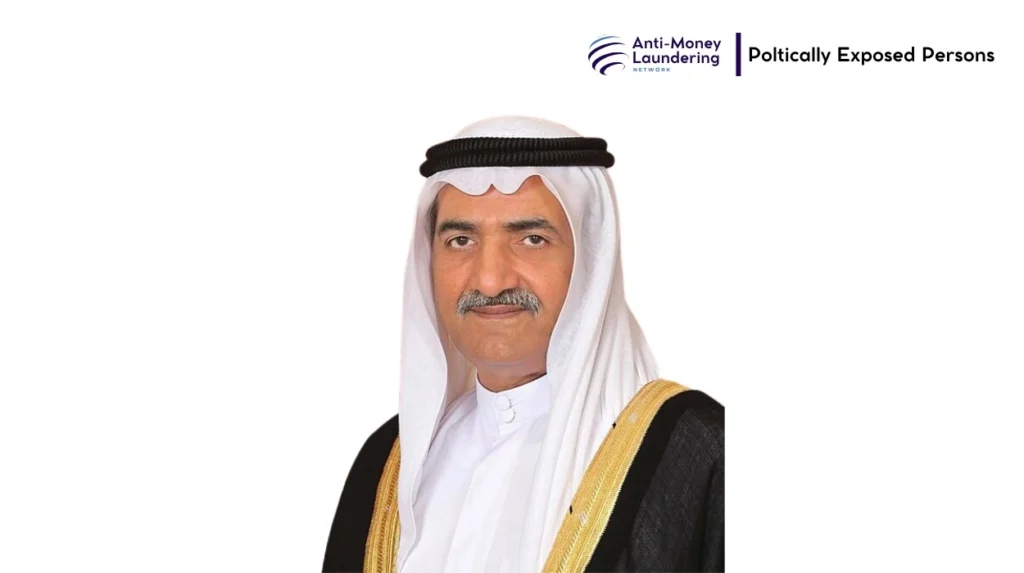Sheikh Mohammed bin Hamad Al Sharqi is a key figure in the United Arab Emirates, serving as the Crown Prince of Fujairah. Known for his prominent role within the ruling family, his leadership influences the emirate’s development and governance. As a politically exposed person, his career spans decades marked by involvement in both public service and economic progress. This article explores his life, career achievements, family background, and examines his impact on Fujairah and the broader region.
Early Life and Background
Born on 22 February 1949 in Fujairah, Sheikh Mohammed bin Hamad Al Sharqi is deeply rooted in the heritage of Fujairah’s ruling Al Sharqi family. His nationality and citizenship align with the UAE, where Islamic faith guides both personal values and cultural traditions. Educated locally and abroad, including military training at the Royal Military Academy Sandhurst in the UK, he gained experience that prepared him for a future role in governance and leadership. His upbringing under the tutelage of his father, who has been Fujairah’s ruler since 1974, gave him insight into statecraft and leadership in a region known for its monarchical traditions.
Personal Life
Within the Gulf’s interconnected royal families, Sheikh Mohammed bin Hamad Al Sharqi’s spouse is Her Highness Sheikha Fatima bint Thani bin Juma Al Maktoum, linking Fujairah’s leadership with Dubai’s ruling family. This relationship strengthens political and social ties across emirates. Public information about his children is limited, reflecting the family’s preference for privacy, yet it is expected they will continue contributing to governance and social initiatives in Fujairah and the UAE.
Career and Achievements
Sheikh Mohammed bin Hamad Al Sharqi has played a considerable role in Fujairah’s political and economic landscape. His career includes leading roles such as Chairman of Police and Public Security, as well as Minister for Fisheries and Agriculture during the UAE federation’s formative years. Officially designated Crown Prince since 2007, his efforts have boosted Fujairah’s infrastructure and economy. Notably, he has been instrumental in expanding Fujairah’s port facilities, which have grown to become significant in regional maritime trade.
His achievements extend to public health and educational improvements, illustrating a commitment to local development. The Crown Prince also chairs philanthropic organizations, linking governance with humanitarian work. Working closely alongside his father, Fujairah’s current ruler, Sheikh Mohammed contributes to shaping policy that balances tradition with modernization.
Lifestyle, Wealth, and Assets
As a member of the ruling elite, Sheikh Mohammed bin Hamad Al Sharqi enjoys a lifestyle marked by affluence and traditional Emirati values. Though specific details about his net worth remain undisclosed, it is inferred to be considerable due to family assets and diversified investments. The ruling family owns palatial residences in Fujairah and maintains connections to luxury assets such as yachts and high-end vehicles common among Gulf royalty. His lifestyle reflects a synthesis of cultural identity and modern leadership responsibilities.
Influence, Legacy, and Global Recognition
The influence of Sheikh Mohammed bin Hamad Al Sharqi extends beyond local governance. He is pivotal in continuing the Al Sharqi legacy, which has steered Fujairah’s political stability and strategic importance. His leadership contributes to the emirate’s growing prominence in international maritime trade and economic diversification efforts. Globally, Fujairah’s development under his oversight has garnered attention from business and diplomatic circles.
Within the UAE federation, his role as Crown Prince underscores the complex balance between hereditary leadership and federal governance. The familial alliances with other emirates’ ruling families highlight a deeply interconnected political landscape influencing both domestic and international affairs.
Financial Transparency and Global Accountability
As a politically exposed person, Sheikh Mohammed bin Hamad Al Sharqi’s financial affairs attract international scrutiny. The governance system in Fujairah and the wider UAE is often characterized by its opacity, which, while facilitating swift decision-making, also raises concerns about financial transparency. Leaks such as the Panama Papers have implicated Fujairah’s ruling family in offshore wealth structures, reflecting challenges in enforcing global anti-money laundering measures in Gulf monarchies.
Despite no publicly known sanctions or prosecutions, the association with offshore financial activities underscores the ongoing tension between elite status and regulatory oversight. This lack of financial transparency is part of broader discussions about global accountability for politically exposed individuals and the need for stronger mechanisms to prevent abuse of power.
Sheikh Mohammed bin Hamad Al Sharqi’s life and career encapsulate the complexity of leadership within the Gulf region. From his early life in Fujairah and education abroad to his role as Crown Prince, he embodies a lineage of governance that blends traditional authority with modern statecraft. His leadership has facilitated Fujairah’s growth into a strategic economic hub, while his family ties extend influence across the UAE.
At the same time, his status as a politically exposed person prompts important questions regarding financial transparency and accountability. Understanding his impact requires examining both his contributions to development and the systemic challenges linked to elite governance. Sheikh Mohammed bin Hamad Al Sharqi remains a significant figure shaping the future of Fujairah and contributing to the evolving narrative of the UAE.

